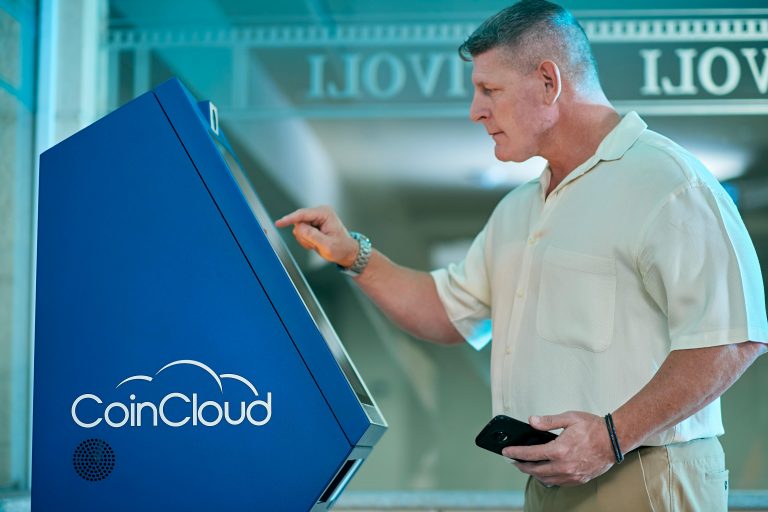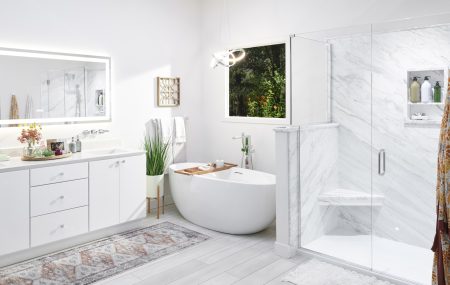Choosing a kiosk might seem simple at first. But the truth is, the right kiosk can make a big difference in how smoothly your business runs—and how much money it makes. Whether you’re a small business owner looking to expand or an entrepreneur starting fresh, the right kiosk can help you reach more customers without the cost of a full storefront.
So how do you know which one is best for your business? It’s not just about size or price. From location to functionality, there are a few key things to think about. Let’s walk through them.
Understand Your Business Needs First
Before shopping around, take a close look at what you really need the kiosk to do. Are you selling physical products like sunglasses, snacks, or tech gadgets? Or is it a service-based setup like phone repairs, coffee, or eyebrow threading? Your business type will guide what kind of kiosk works best.
For example, a food kiosk will need space for small appliances and storage, while a retail kiosk might focus more on display cases and checkout space. Some kiosks are built for high traffic areas with quick transactions, while others are meant for customer engagement, like touchscreen ordering or information booths. Knowing what you need ahead of time helps you avoid buying a kiosk that’s either too basic or more complex than you need.
Consider the Location You’re Targeting
Where you plan to put your kiosk matters more than you might think. A mall kiosk has different needs than one placed at an outdoor event or near a busy train station. Indoor locations usually offer shelter and steady foot traffic, but may come with tighter space limits. Outdoor locations require kiosks that are weather-resistant and sturdy enough to handle the elements.
Also, think about your audience. A kiosk near a college campus might do well selling energy drinks and snacks, while a kiosk at a shopping center might be perfect for skincare or phone accessories. Make sure the style, layout, and even the materials of the kiosk match the environment it will live in.
Size and Design Matter (More Than You Think)
Don’t underestimate the power of good design. A well-designed kiosk doesn’t just look good—it draws people in. Think about how customers will interact with it. Is there enough space for browsing? Can people see your products clearly? Is it easy to step up, ask a question, or make a purchase?
Also, keep in mind how much storage space you’ll need. If you’re restocking every day, you may not need a lot of room. But if it’s a weekend event kiosk, you’ll need enough space to hold inventory for hours or even days. A sleek, compact design may be tempting, but if it limits your workflow, it’ll only create problems later.
New, Custom, or Used: Know Your Options
You don’t always have to buy brand new. Many businesses start with a used kiosk to save on costs. Others go with custom builds to match branding or unique needs. It depends on your budget and how flexible your setup needs to be.
If you’re browsing kiosks for sale, take the time to compare your options. Ask yourself: Is the kiosk in good condition? Can it be easily modified? Is it built for indoor or outdoor use? You’ll also want to ask about electrical hookups, lighting, and storage. Even small details can make a big difference in how functional the kiosk will be for your day-to-day operations.
Think Long-Term: Will It Grow with You?
What works now may not work in a year or two. If you’re planning to grow your business, think about whether the kiosk you choose will still fit your needs down the line. Will you need more space? Will you want to move to a new location? Can the kiosk be broken down and relocated easily?
It’s also smart to consider whether your kiosk can handle new technology. Even if you’re not using digital screens or card readers today, you might want to add them in the future. A little foresight now can save you time and money later—and give your kiosk a longer shelf life.
Conclusion: Pick Smart, Not Fast
The right kiosk isn’t just a piece of furniture—it’s part of your business identity. It should make your day easier, attract the right customers, and set you up for success. While it’s tempting to jump in and buy something that looks good or is priced right, taking the time to match your kiosk to your business needs will pay off in the long run.
Use your head, trust your gut, and ask the right questions before you commit. With the right planning, that small structure could be the start of something big.







